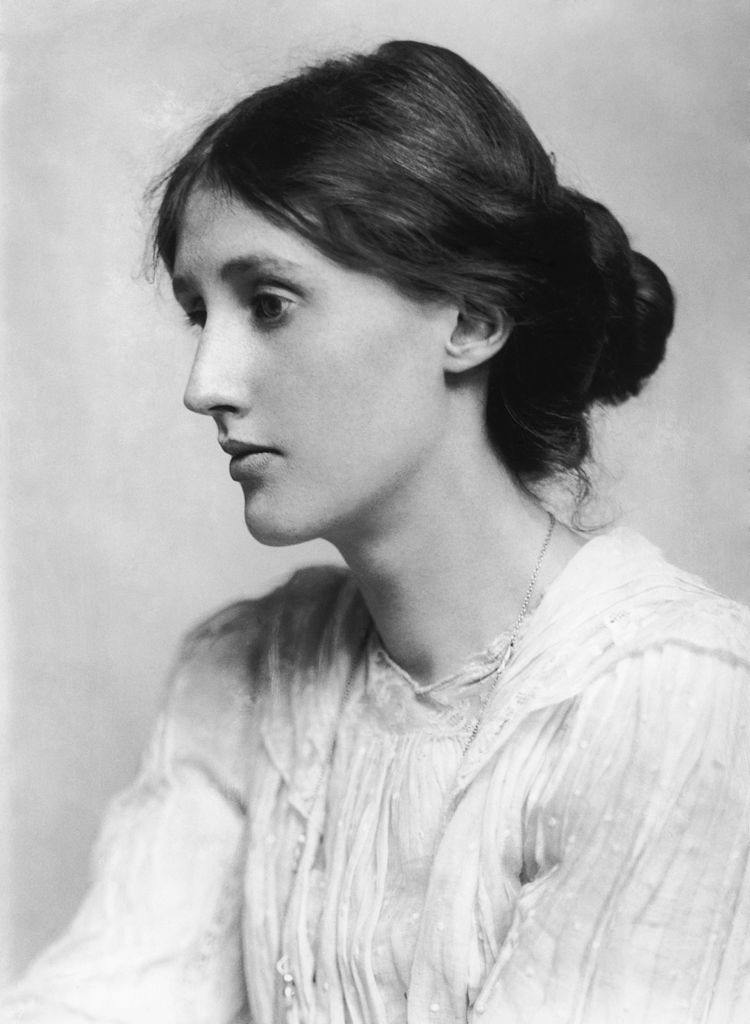Molly McLaughlin on finding community when freelance life is lonely.
Writing is a solitary pursuit. Freelance writers lack the structure of a workplace, which means writing can be even more isolating compared to an average office job. When I started freelancing, I didn't know a single other person who was a writer. It was fine, but I often had doubts and questions about my work and my career. There was no one to ask. I missed talking to people with similar interests to me.
A couple of years on, I have managed to build a community, mostly online, and although I still don’t know what I’m doing most of the time, it is reassuring to learn most freelance writers are in the same situation. The industry is in a state of transition, and information and support can be hard to find. By necessity, freelance writers are building their own support networks and in the process making this job a little less lonely.
Current data on freelancing in Australia is scarce. A report from Upwork in 2015 found that in Australia an estimated 4.1 million people, or around 32 per cent of the workforce, had done freelance work in the past year. Writers make up 8 per cent of this freelance workforce. The majority (58 per cent) of freelancers said they made the shift by choice.

The freelance lifestyle appeals to many people because of the flexibility, creativity and excitement it offers. However, these aspects go hand in hand with income instability and, often, stress, working multiple jobs at once and irregular hours. Anecdotal evidence suggests that making a living from freelance writing is extremely difficult. Young writers are regularly exploited, writing for free or for very low pay. Pay rates are murky, often to the solitary nature of the job which tips the power balance in favour of employers. Under these circumstances, forging community is essential for both professional and personal well-being.
When my writing began to get published, I thought I could make it on my own. I stumbled into regular work by sending a couple of cold emails to publications I admired with pitches I thought they might be interested in. One online magazine wrote back. And I was lucky because I was getting paid. When I didn’t know how to do something, I just googled it. Although I was increasingly alone in my professional life, the adrenaline rush of seeing my name in print was enough to keep me going. I discovered Twitter but felt too awkward to follow writers I admired.
I started to understand I was missing something when I was watching the artist Frances Cannon's Instagram stories, where she documents her days working from her home studio. She talks about going for walks and dealing with her mental health and posts photos of her dog. It seemed ungrateful to complain about being able to work from home in my pyjamas, but watching the steps she took to manage her freelance life, I realised I was lonely. Frances openly discusses her interactions with social media and her need for structure and activities other than work in her work days. I was in a similar position, but I wasn’t making an effort to make my job work for me. Editors rarely gave any meaningful feedback, I did interviews over email, and the only validation I got was from likes and retweets. I missed having a boss and coworkers.
My first step was to reach out to a mentor. I racked my brain for anyone even vaguely connected to both myself and the writing industry, and finally came up with a woman I’d met when I was a teenager. Since then she has become a published author, and she very kindly offered to answer my questions and read over some of my work. I followed anyone connected to any of the publications and artists I love on Instagram and Twitter. I listened to Honor Eastly’s Starving Artist podcast. I joined the Young Australian Writers Facebook group, which is an amazing resource for freelance jobs, pay rates and general support. I attended panel discussions and writers’ events at festivals (shout out to Noted for bringing a writer’s festival to Canberra!). I forced myself to override the introverted tendencies that told me to avoid all human contact and made an effort to interact with the real world on days I could have otherwise spent working from home.
For freelancing to be sustainable for me, I have learned I need to walk a fine line between being alone and being lonely. That means building a network colleagues and resources, both online and in person. I need structure, deadlines and routine. That way, I can enjoy the fact that I work from home in my pyjamas.
Want to get started on your own freelancing journey? Subscribe to Bloc Boost to keep up to date with writing opportunities.
Molly McLaughlin
Molly McLaughlin is a freelance travel and culture writer currently based in Mexico City. Her work has appeared in publications including Fashionista, Fodor’s Travel Guide and HelloGiggles. You can find her on social media at @mollysgmcl.

